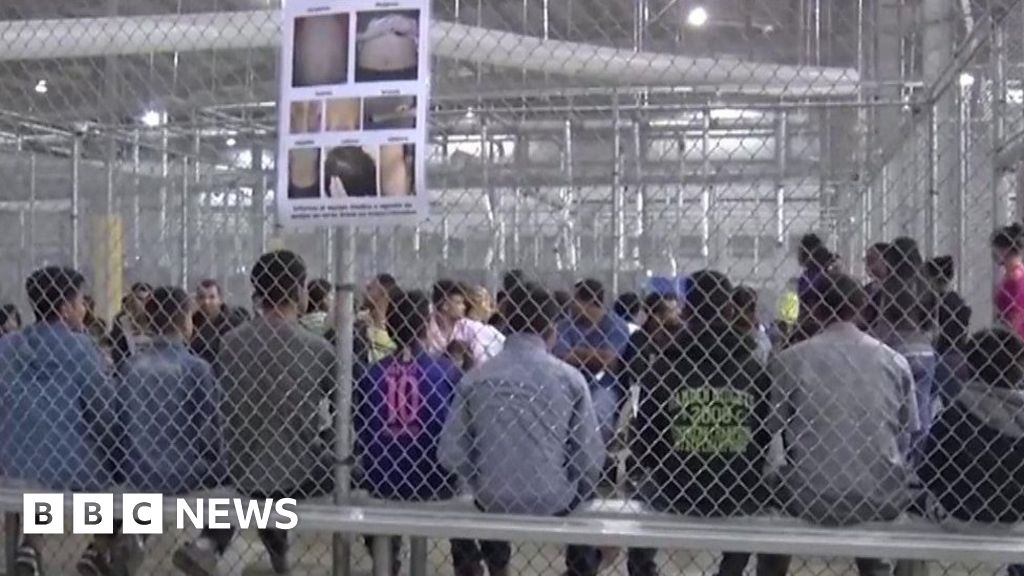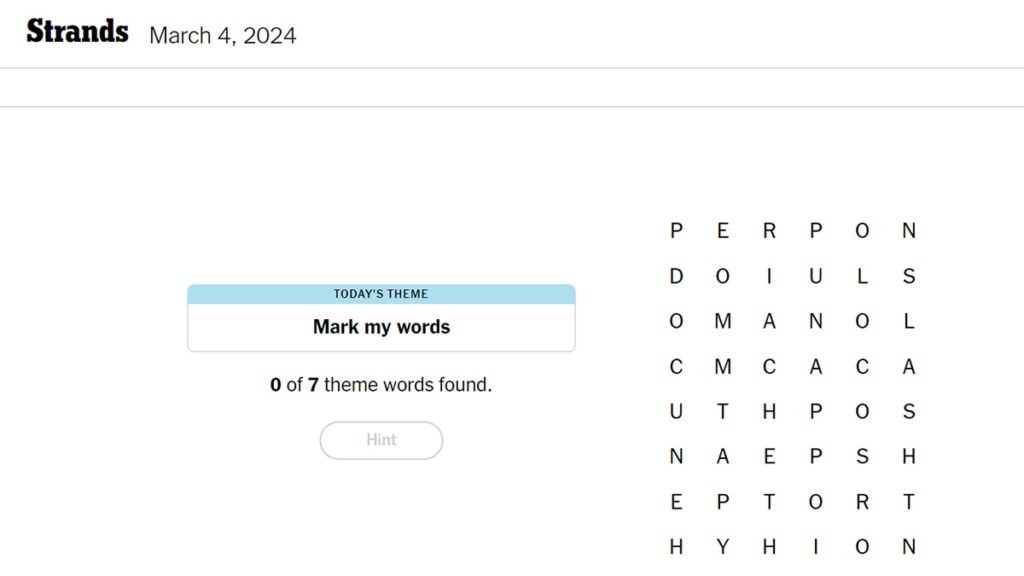Trump's Plan To Restrict Migrants' Right To Challenge Detention

Table of Contents
The Proposed Changes and Their Implications
The Trump administration's plan significantly curtailed migrants' access to legal challenges against detention. This involved a multifaceted approach targeting several key aspects of the legal process: limitations on bond hearings, expedited removal procedures, and restrictions on judicial review. These changes effectively reduced avenues for appeal and increased the likelihood of prolonged detention without adequate legal recourse.
- Limitations on Bond Hearings: The administration implemented stricter criteria for bond hearings, making it harder for migrants to be released from detention pending their immigration proceedings. This often resulted in significantly longer detention periods.
- Expedited Removal: The expansion of expedited removal procedures allowed for the swift deportation of migrants without a full hearing before an immigration judge, bypassing many standard legal protections.
- Restrictions on Judicial Review: Access to judicial review was limited, making it more difficult for migrants to challenge decisions made by immigration officials in court. This severely restricted the ability to appeal unjust detentions.
These changes disproportionately affected asylum seekers and other vulnerable populations, leaving them with limited options to contest unlawful detention and seek protection. The potential for increased detention times directly translates to heightened trauma, separation from family, and diminished access to essential resources like medical care and legal counsel.
Arguments for and Against the Restrictions
The justifications for these restrictions primarily centered on arguments of national security, border security, and efficient processing of immigration cases. Government officials argued that limiting legal challenges would streamline the system and deter illegal immigration.
- Government's Argument: The administration emphasized the need for quicker processing of immigration cases and argued that the changes improved national security by preventing potentially dangerous individuals from remaining in the country.
- Counterarguments: Human rights organizations and legal experts countered that these restrictions undermined fundamental due process rights. They highlighted the potential for abuses, arbitrary detention, and the denial of fair hearings, all violating international human rights law. The economic and social costs of prolonged detention, including the burden on taxpayers and the negative impact on detained individuals and their families, were also significant concerns. The potential for successful legal challenges to these restrictions, based on due process violations, further underscored the controversy.
The Impact on Asylum Seekers and Vulnerable Populations
The impact of these restrictive measures was most acutely felt by asylum seekers, unaccompanied minors, and other vulnerable groups. These individuals, often fleeing persecution, violence, or other dire circumstances, found themselves trapped in a system designed to expedite their removal, without adequate opportunity to present their claims.
- Increased Trauma: Prolonged detention exacerbated existing trauma and created new challenges for those already suffering from the effects of displacement and persecution. The lack of access to appropriate support services further compounded these difficulties.
- Access to Legal Counsel: The restricted access to legal aid, combined with the complexities of immigration law, left many vulnerable migrants without adequate legal representation to navigate the system effectively.
- International Human Rights Concerns: These policies directly challenged international human rights standards that protect the rights of asylum seekers and refugees, including the right to a fair hearing and freedom from arbitrary detention. The potential for human rights abuses within the detention system itself became a significant concern.
Potential Legal Challenges and Future of the Policy
The restrictions on migrants' rights to challenge detention faced numerous legal challenges. The potential for successful lawsuits based on due process violations and violations of international human rights law remained a constant threat to the policy's longevity.
- Legal Arguments: Challenges centered on arguments of due process violations, violation of international human rights law, and excessive detention without adequate cause. The courts played a crucial role in determining the legality and scope of these restrictions.
- Impact of Court Rulings: Court decisions significantly influenced the future of the policy, potentially leading to modifications or even complete overturning of certain provisions.
- Future Legislative Developments: Legislative action could further modify or eliminate the restrictions. The ongoing debate highlighted the complex interplay between executive actions, judicial review, and legislative oversight in shaping US immigration policy.
Conclusion
The Trump administration's plan to restrict migrants' right to challenge detention fundamentally altered the legal landscape for immigration proceedings. The limitations on bond hearings, expedited removal procedures, and judicial review created a system where migrants faced significantly reduced access to legal challenges and were subject to prolonged detention. This had a disproportionately negative impact on vulnerable populations, raising serious human rights concerns. The ongoing legal battles and potential for legislative changes underscore the dynamic and evolving nature of this crucial issue. Stay informed about developments concerning Trump's plan to restrict migrants' right to challenge detention and consider engaging with organizations advocating for migrant rights to ensure a fair and humane immigration system. Learn more and get involved at [link to relevant organization 1] and [link to relevant organization 2].

Featured Posts
-
 Putins Victory Day Parade A Show Of Russias Military Strength
May 10, 2025
Putins Victory Day Parade A Show Of Russias Military Strength
May 10, 2025 -
 Palantir Stock Before May 5th A Prudent Investment
May 10, 2025
Palantir Stock Before May 5th A Prudent Investment
May 10, 2025 -
 Solve Nyt Strands Puzzle 376 March 14 Hints And Answers
May 10, 2025
Solve Nyt Strands Puzzle 376 March 14 Hints And Answers
May 10, 2025 -
 Why Middle Managers Are Essential For Company Success And Employee Well Being
May 10, 2025
Why Middle Managers Are Essential For Company Success And Employee Well Being
May 10, 2025 -
 Bbc Strictly Come Dancing Wynne Evans Addresses Return Speculation
May 10, 2025
Bbc Strictly Come Dancing Wynne Evans Addresses Return Speculation
May 10, 2025
